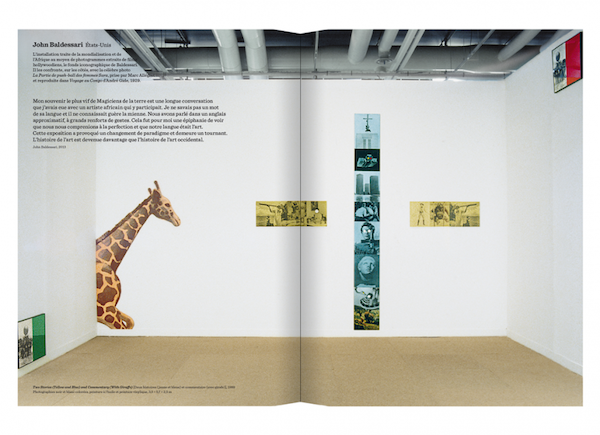This room was set up to host discussions of what anthropology is and how it changed over time, to publish David’s lectures, and to have discussions and panels.
We all know that David Graeber was very critical of contemporary academia. David and I have been talking about how if his book “Dawn of everything” turned out to be commercially successful, he could leave the Academy and set up a real Free University.
I would like to think that this modest project: a room in the Museum of Care, could gradually grow into an important educational space along those lines.
But while these are only plans for the future, in the meantime, I would like to publish a letter that I recently received:
“I am a fan of David Graeber’s work and am considering doing my Masters or PhD in Anthropology to study Debt/Money/Banking but I want to do David Graeber style of anthropology. I am very new to the discipline as I studied Economics at University and am wondering if anyone here may have resources for possible places to study or similarly Imaginative professors of Anthropology/Economics as David?
Grateful to see all the love you all put into these projects; thank you for sharing so much.
Warm regards,
Liam Moyers
I thought it would be interesting to start collecting responses and questions from students and professors who found themself in the same position as the author of this letter: trying to figure it out:
Where to study anthropology?
How do you study anthropology?
With whom to study anthropology?
And, actually: what is anthropology, and why is it important at all?
I had the same questions many years ago when I met David in New York in 2006. Back then, I created a project called Anthropology for kids.
Maybe this room could grow into a similar project for adults.
Update from Liam Moyers (aforementioned seeking student) :
Here’s more about my story:
“Since I was a child I’ve been fascinated by the phenomenon of money and its strange control over reality. At first, I was drawn to the promise of philanthropy – if one has enough money, one can surely find a way to save the polar bears. I followed this idea into studying Economics in university. However, I found myself ignoring many common-sense objections to economic models in the hopes that later classes would reveal some esoteric insight and connect all of this back to reality and lived experience. I sort of found this in a course about the debt-to-banks money system and how its mechanistic growth imperative becomes the heart of the economy. Yet this did not bring the human freedom or needs perspectives of economics, nor any insight into the phenomenon of money itself, both of which I thought were essential to the creation of a more beautiful world.
After graduating university, I read David Graeber’s Debt: The First 5,000 Years. I began to realize that more useful insights into money could be gained by abandoning the models of economics and observing the phenomena. Perhaps, the possibility exists that debt-to-banks money could become obsolete, not through clever schemes of problem-solving this power into the hands of central government, but in co-creating something new out of our imagination. This is what I am seeking to catalyze. I have searched for the beginnings of this path and David’s books have proven among the few invaluable sources. Based on them, I am exploring the idea of doing a Master’s or PhD around the Anthropology of money, instead of continuing my Economics studies, thinking that the former is a discipline based on the observation of real phenomena, rather than abstract and therefore disconnected principles, as I have experienced in the latter.
I am hoping to study with a similarly imaginative professor to David Graeber in this field. I need a structured learning path and peers fascinated by topics of substantive human freedoms, creativity and co-creation (as opposed to problem solving). I am looking for peers, mentors, and a study program. I am already studying this on my own, so if anyone feels a desire to reach out and collaborate, please feel invited to do so.”
Liam Moyers // mail2liam@protonmail.com


